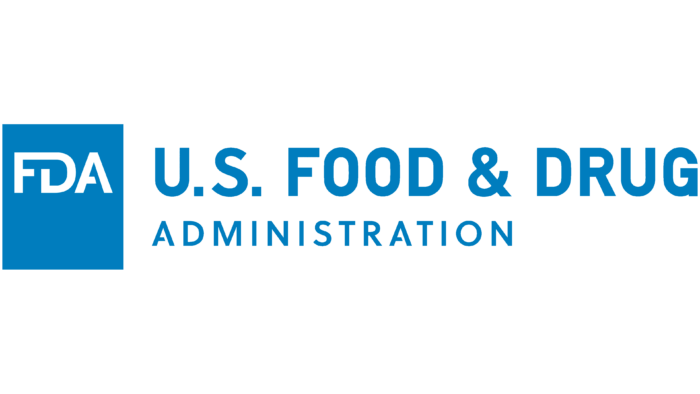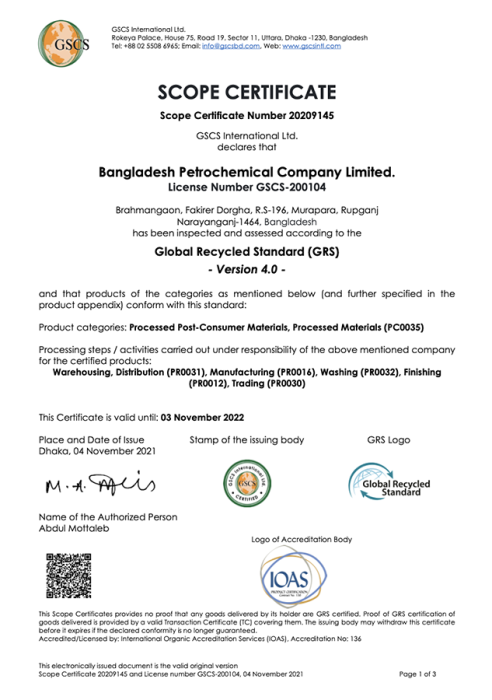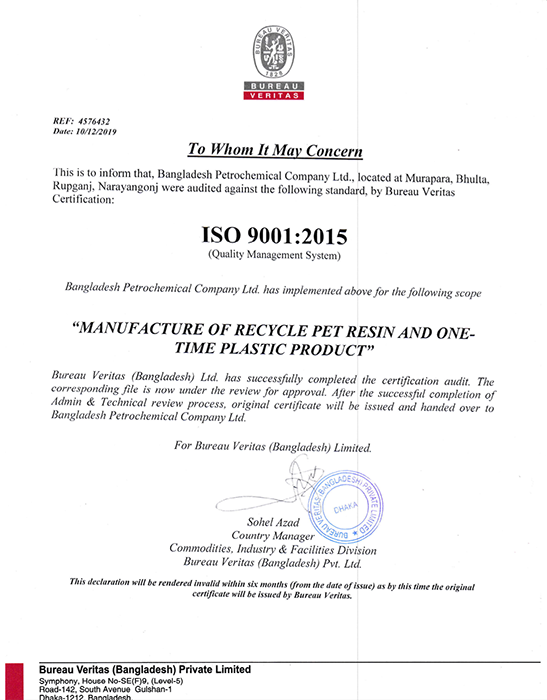Bangladesh Petrochemical Company Limited – BPCL introduced the initiative to increase the interest in plastic recycling and to bring a change of behavior in waste management along with the university students. Because today’s generation is the future leader of our nation who will lead us. With the collaboration of Bangladesh Petrochemical Company Limited – BPCL and the University of Liberal Arts Bangladesh ULAB has started “Clean Campus, Green Campus” campaign with the motto of “Small Change in Behavior, Great Impact on Planet”.
The main goal of this initiative is to make the students aware of waste management in a proper way, also to make sure that these students altogether participate in these waste management plans and so that they also make others aware of this. Alongside last 14th of October BPCL has placed segregated bins on every campus of ULAB. Through this initiative, students will actively take part in waste deposition properly and will be able to bring a change in their habits. As a result, environmental pollution will be reduced on a comparative basis.
The inauguration of this very first and outstanding project has taken place in ULAB Campus on 14th October 2019 where Professor Imran Rahman, Special Advisor to the ULAB Board of Trustees, Dr. Shamsad Mortuza, Pro Vice Chancellor, ULAB, Khadem Mahmud Yusuf, MD & CEO, BPCL, Engr Najnin Akhter, Head of Sales & Marketing, BPCL, Sadia Jafrin Assistant manager, Social Innovation & Communication and other high officials from both institutions were present.
BPCL informed us that they will start this same campaign in different universities very soon.
BPCL
Our HQ is located in Dhaka, a global business hub.
Our locations


The Food and Drug Administration (FDA) was created to set standards for the safe production and storage of food, beverages and drugs, preparation equipment and packaging materials — including plastic.

GRS Certification (Global Recycling Standard) is an international, voluntary, and comprehensive product standard that addresses supply chain manufacturers’ product recovery/regeneration components, regulatory chain controls, social responsibility and environmental regulations, and chemical restrictions.
The European Food Safety Authority is the keystone of European Union risk assessment regarding food and feed safety. EFSA provides independent scientific advice and clear communication on existing and emerging risks.

ISO 9001 is defined as the international standard that specifies requirements for a quality management system (QMS). Organizations use the standard to demonstrate the ability to consistently provide products and services that meet customer and regulatory requirements.